Vietnamese celebrities' livestream sales sessions lasting for hours, even more than a day, with revenue of billions of dong, are not uncommon in 2023 and 2024. Vietnamese showbiz has seen the emergence of "deal-closing warriors" such as Diep Lam Anh, Le Duong Bao Lam, Huong Giang...
However, the livestream sales fever began to show signs of cooling down since the beginning of this year, most recently in early March, when Thuy Tien and many other celebrities were involved in scandals for false advertising and selling fake goods. Not only that, after many noisy incidents, consumers' trust in artists who are KOLs and KOCs has gradually been broken.
According to experts, at present, the "deal-closing warriors" of Vietnamese showbiz are starting to "brake". They have a more realistic view of livestream shopping, no longer expecting to "get rich quick". Many artists realize that selling "raw" products can damage their image and long-term reputation, and face countless risks if not strictly controlled.
Vietnamese artists no longer rush to livestream and advertise
Livestream sales used to be a fertile "land", bringing huge income to a series of Vietnamese artists. From A-list stars like Tran Thanh, Truong Giang, Ho Ngoc Ha, to young artists like Hoa Minzy, Duc Phuc, Diep Lam Anh, Trang Phap... all entered the online sales race.
There was a period when artists were familiar with livestreams that lasted for hours, even with megalive sessions, lasting more than 24 consecutive hours. One by one, huge revenue figures from the artists' live sessions were released, then "flexed" on many online platforms as an achievement.
From here, the "sales machines" of Vietnamese showbiz were "discovered". Some of them are Diep Lam Anh, Le Duong Bao Lam, Miss Khanh Van, Huong Giang...
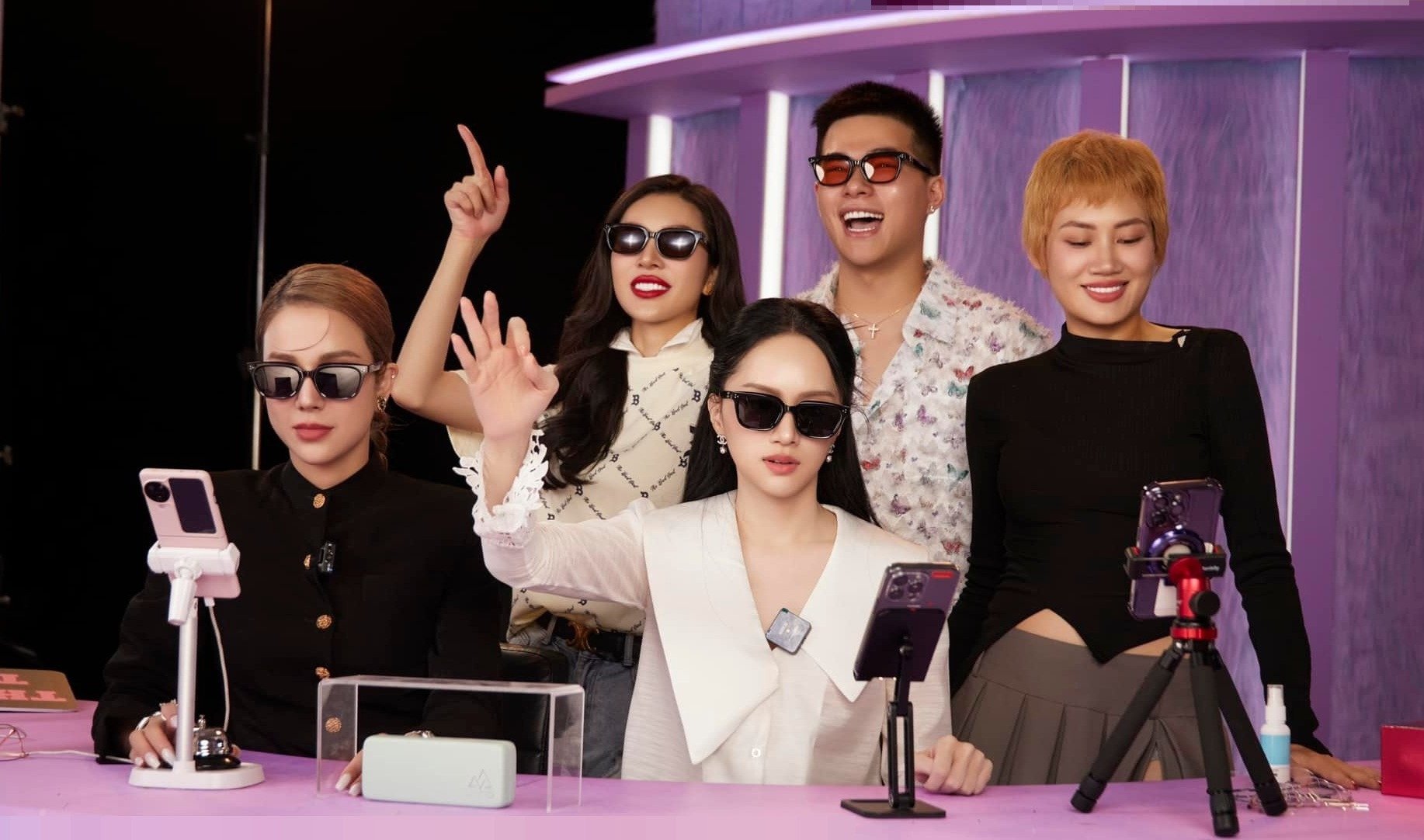
At the end of 2023, Diep Lam Anh revealed that online sales revenue brought in nearly 4 billion VND . A few months later, this "beautiful lady" continued to have a live session lasting 36 hours, with a guest list of "deal-closing warriors" such as Pham Thoai, Call me Duy, to famous people such as Trang Phap, Khong Tu Quynh, Quynh Nga, Ky Duyen, Huong Giang..., with revenue recorded at more than 35 billion dong
Not inferior to Diep Lam Anh is Miss Khanh Van with consecutive live sessions, earning billions of dong. Another face that is "in demand" for livestreams is Le Duong Bao Lam. With the ability to speak eloquently, improvise quickly and many shocking tricks, the actor appears frequently in live sessions lasting many hours, with a variety of products, from food, drinks to household goods... The title "livestream saint" has been associated with Le Duong Bao Lam for a long time.
The huge profits from commissions, brand contracts and the opportunity to increase their reputation have turned livestreaming into a new money-making channel for celebrities. In an interview, Diep Lam Anh once shared that the remuneration paid from livestreaming to sell products is dozens of times higher than the fee for attending events. Or Le Duong Bao Lam said that livestreaming brings in money, helping his family change their lives.
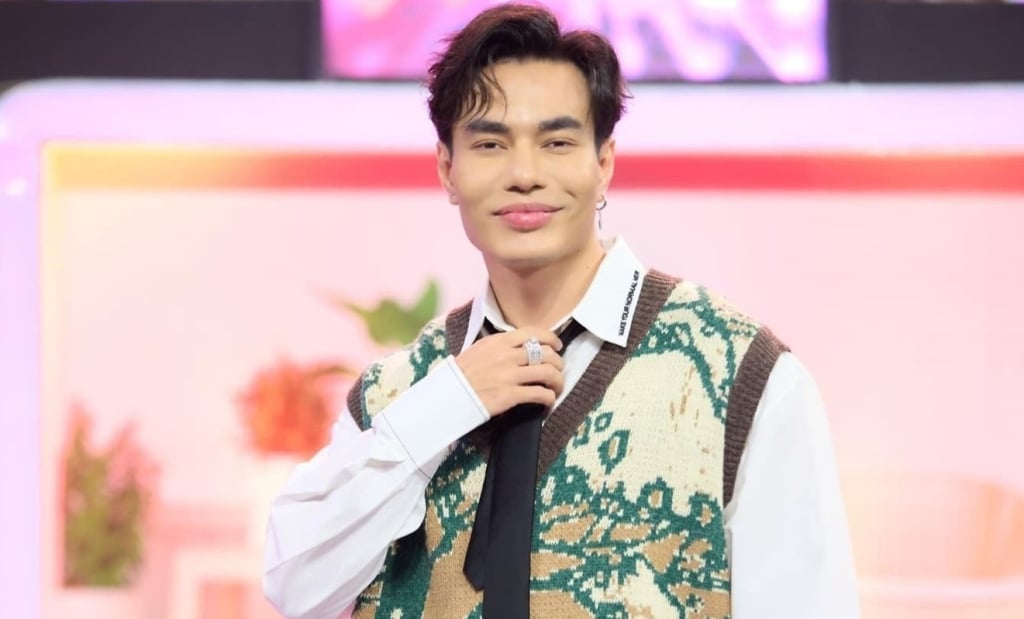
However, since the beginning of the year, the livestream industry in Vietnam has been shaken as a series of KOLs and KOCs have been involved in scandals and have been called for boycotts by customers. The most shocking case is that Thuy Tien, Quang Linh Vlogs, and Hang Du Muc were prosecuted for counterfeit goods and deceiving customers.
After the noisy incidents, it is not difficult to realize that in the past few months, Vietnamese artists have not rushed to livestream to sell products like before. Images of artists eating, sleeping, staying up all night to laugh, talk, shout, and call on the audience to buy products have almost disappeared. "Sale closing warriors" such as Le Duong Bao Lam, Diep Lam Anh, Khanh Van... have become quieter than before. Their fanpages and personal pages with millions of followers mainly share personal activities, clips, and photos of attending events.
Artists lose hope of 'getting rich quick'
Talk to Knowledge - Znews , Dr. Nguyen Van Thang Long, Senior Lecturer in Professional Communication, RMIT University, assessed that artists limit livestreaming to sell products or rush to advertise, stemming from many reasons.
In particular, a series of scandals involving celebrities advertising false information and poor quality products have affected public trust not only in artists, but also in the entire livestream model they lead. When trust is broken, customers switch from impulsive, emotional purchases to more careful, thoughtful evaluations, with longer decision times, relying on reputable, long-standing brands and platforms.
"This fundamentally changes the shopping dynamic, making it difficult for any celebrity to achieve success in livestreaming without proven product quality and transparency, or risk higher return rates that affect their image," the expert said.
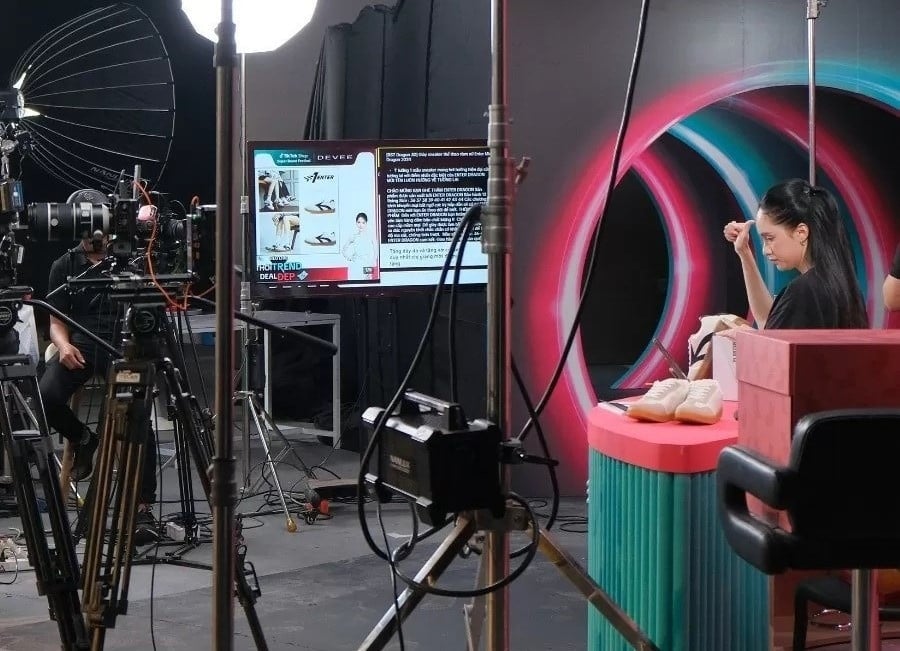
In addition, according to Dr., this is also a time for artists who have participated in livestream sessions to have time to carefully review and evaluate their image development strategies. Although participating in livestreams can bring high income in the short term, it has many potential risks.
The restriction on advertising and livestreaming shows that artists want to maintain their reputation and clean personal image, avoiding being implicated in poor quality products. Both celebrities and audiences have a more realistic view of livestream shopping, no longer expecting to "get rich quick". They realize that selling "raw" products can damage their image and reputation in the long term if not strictly controlled.
Artists are also looking for more sustainable forms of income that pose less risk to their personal image. Instead of focusing solely on selling online for many brands whose services and product quality they cannot fully understand, many celebrities are shifting to building an image of an expert in a specific field, providing valuable content and building a sustainable community.
On the other hand, after the promotion period to create market demand and brand awareness in the short term, brands will look for more effective and sustainable sales channels, not just relying on celebrity livestreams. They invest in mainstream e-commerce channels, develop comprehensive marketing campaigns, and collaborate with a few artists or celebrities who have expertise and prestige in each specific industry.
In the long run, the market will have a clear division between artists who choose the commercial path, making money through sales platforms, and those who maintain purely artistic images.
For artists pursuing a commercial career, they will be more professional in choosing reputable brands to cooperate with. At the same time, this group always has a team of experts to evaluate brands that are suitable for the image they are aiming for. In addition, artists also increase quality control, experience the products themselves before introducing them to build and maintain audience trust.
For artists who pursue purely artistic careers, they will focus on developing their careers in a traditional way, thereby increasing their popularity and attracting other commercial activities. They can become brand ambassadors, collaborating with prestigious brands, where the artist only needs to endorse the product, represent the image, without directly participating in the sales process or being responsible for sales.
"Regardless of the form, artists need to improve their knowledge of financial management, business management, rights and obligations in collaborative activities. Learn about the laws related to celebrity activities and how to manage media crises to protect their personal image," the doctor concluded.
Source: https://baoquangninh.vn/nhung-co-may-livestream-ban-hang-cua-showbiz-viet-dong-bang-3360019.html



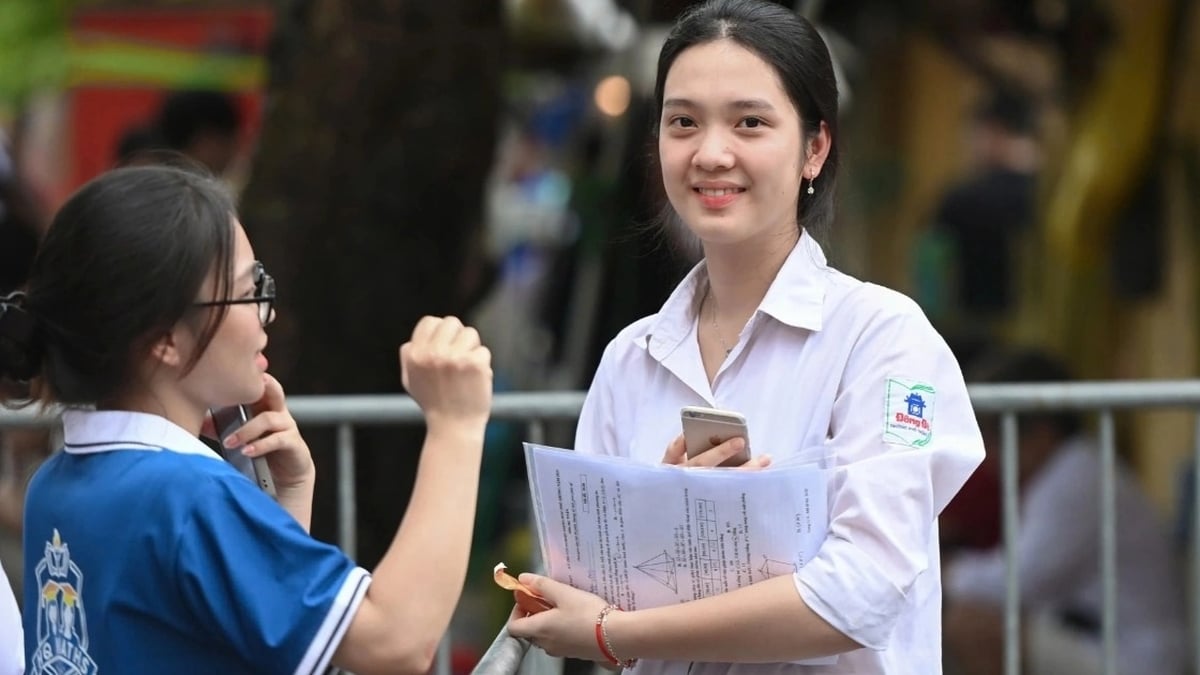
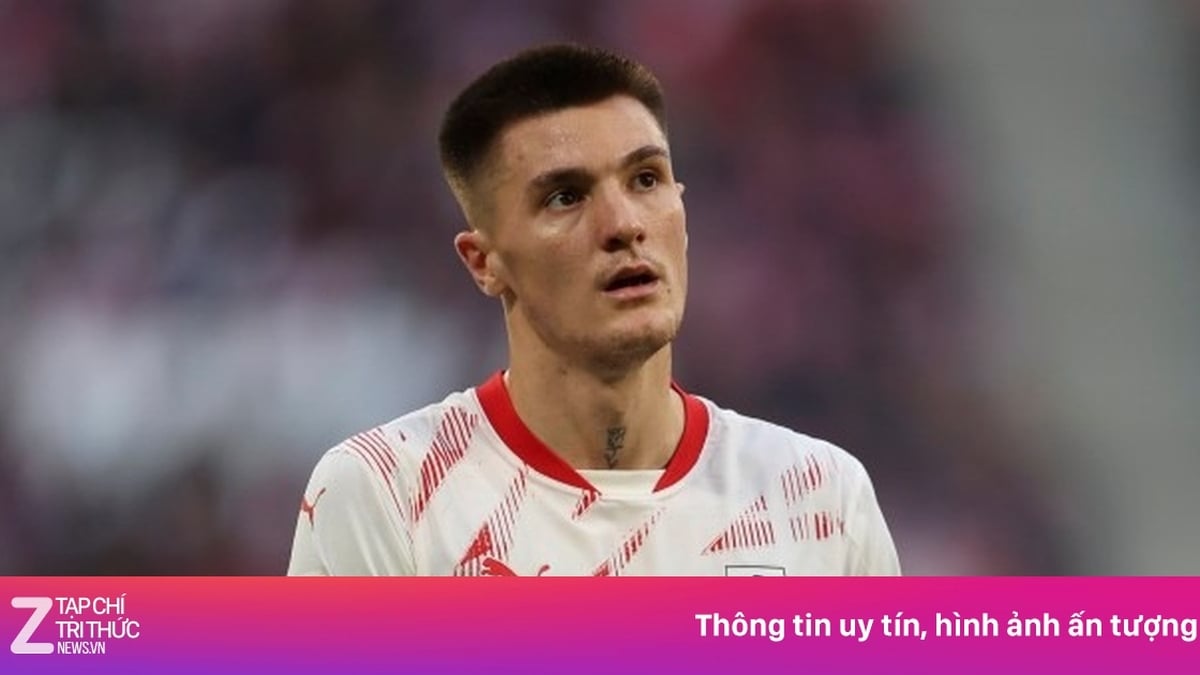
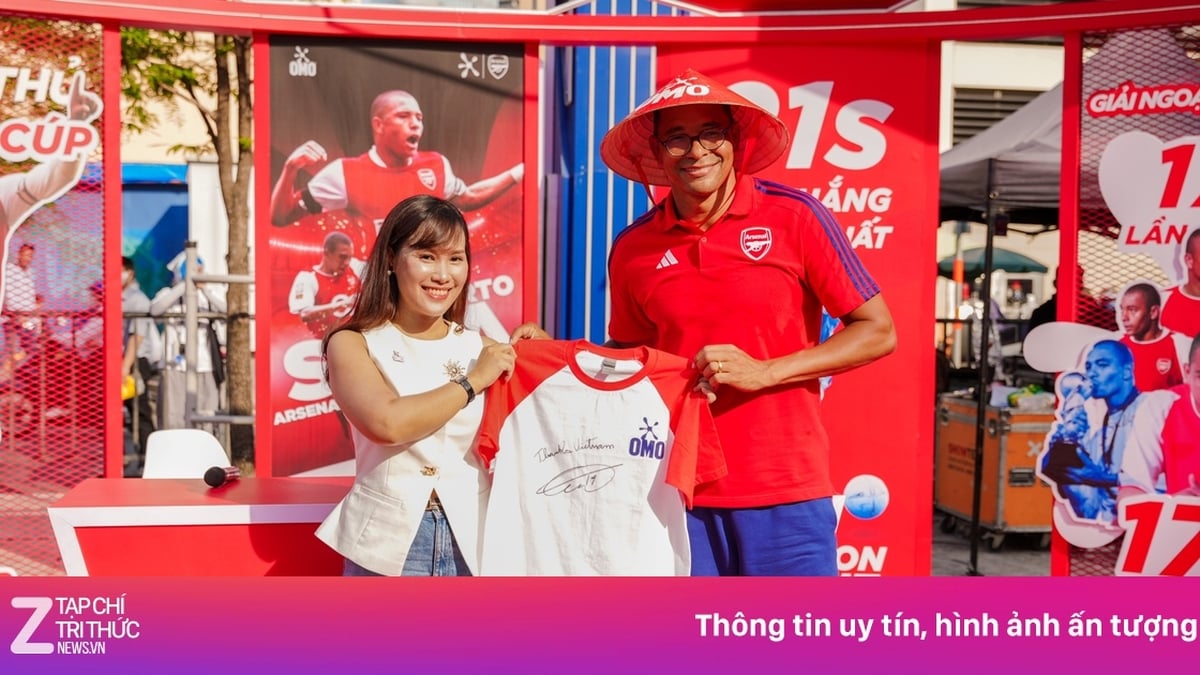
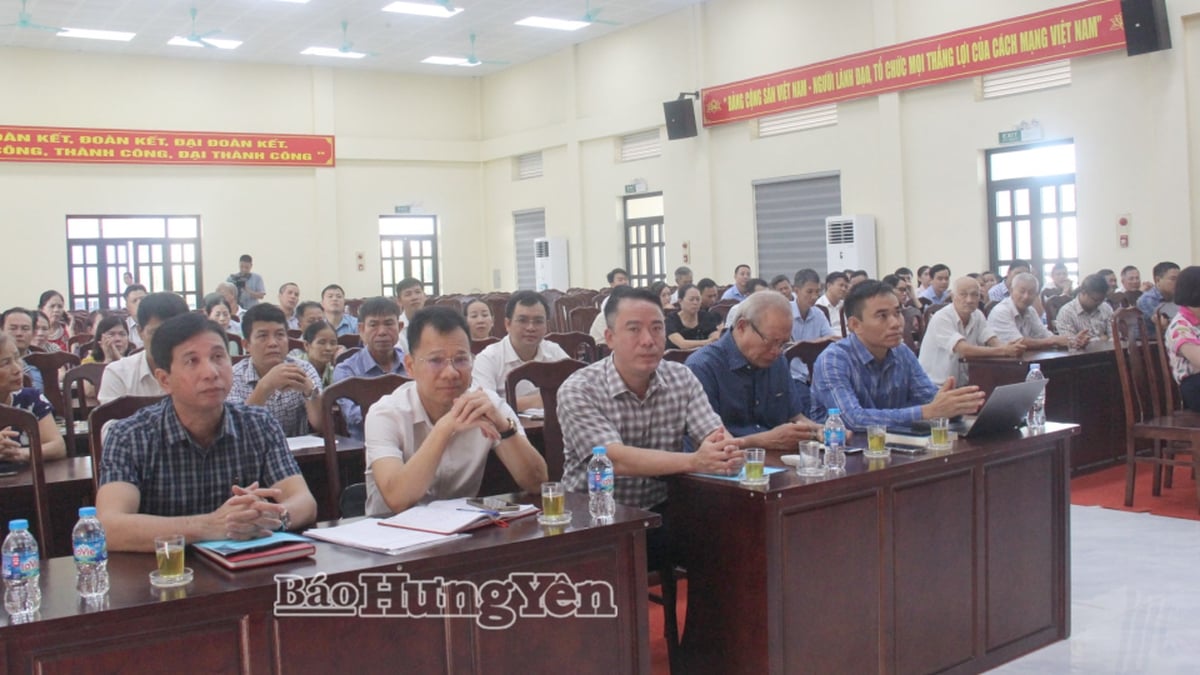
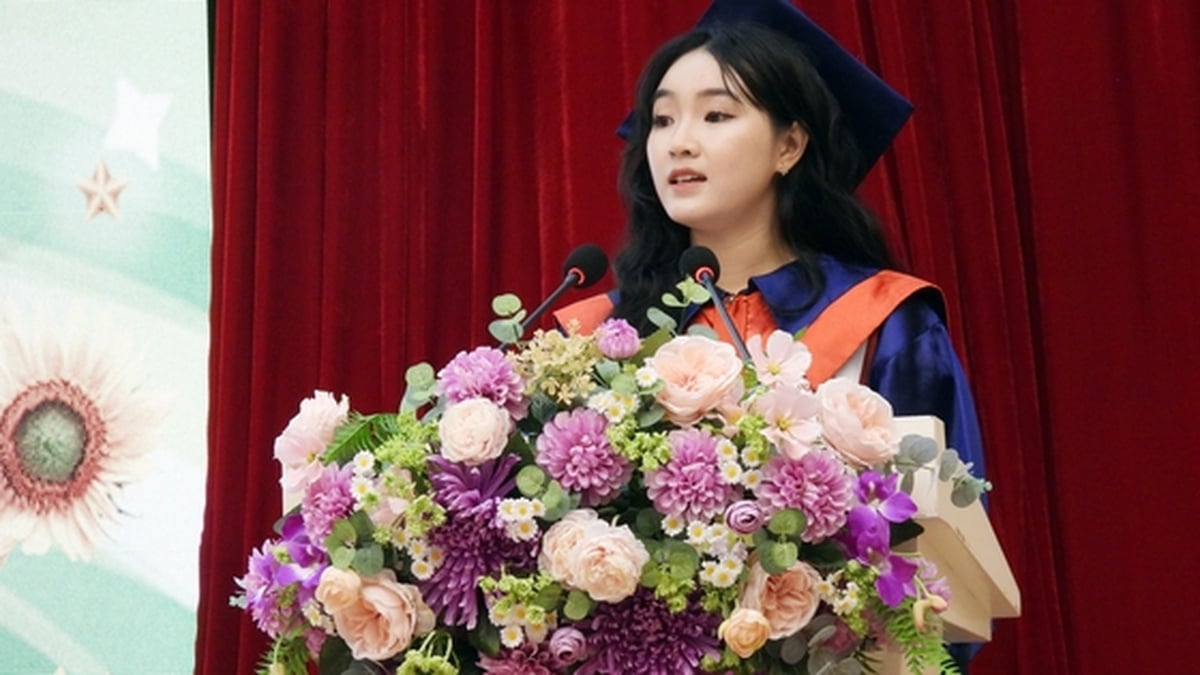
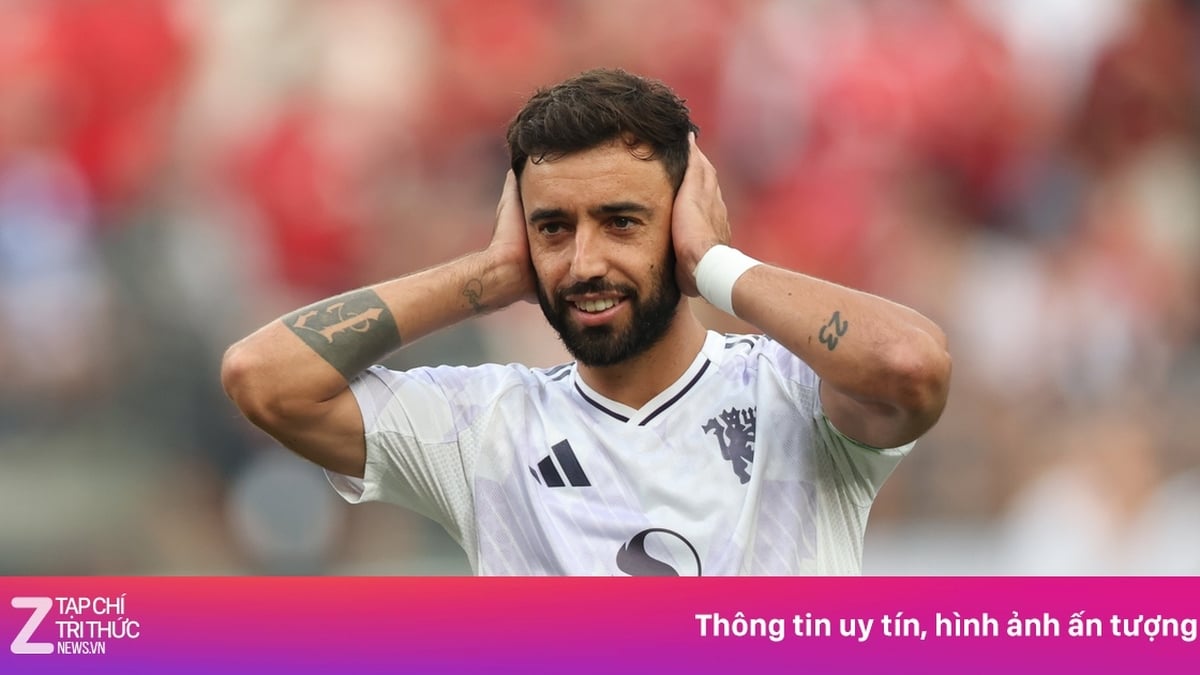
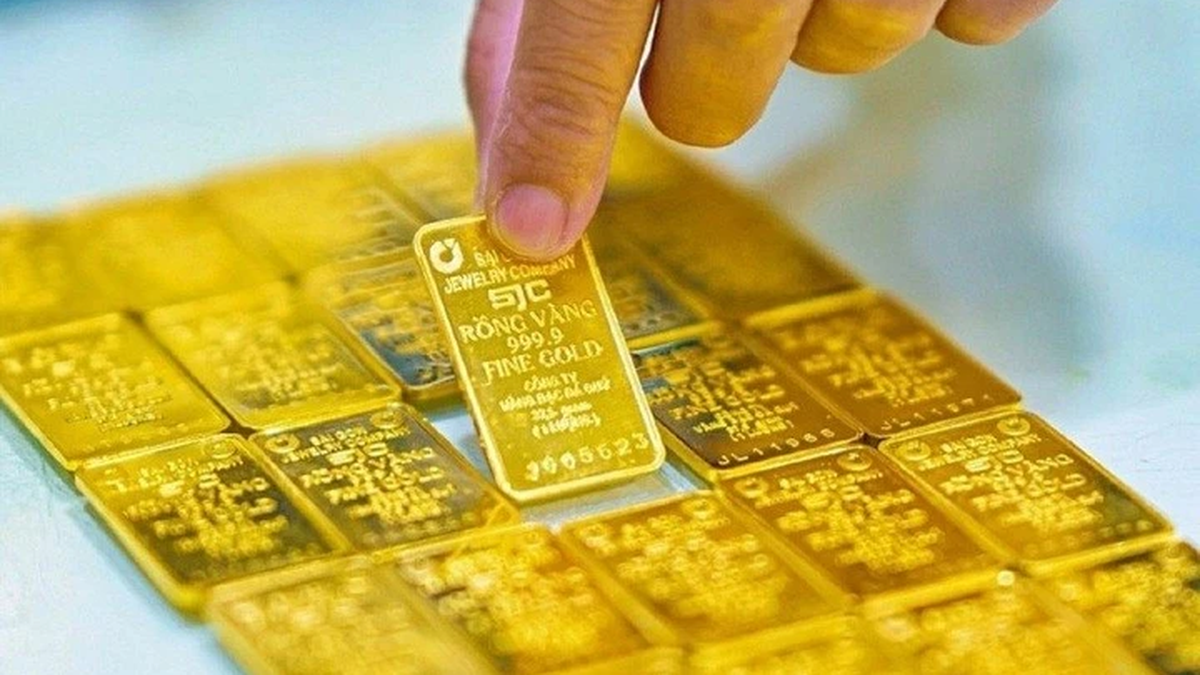

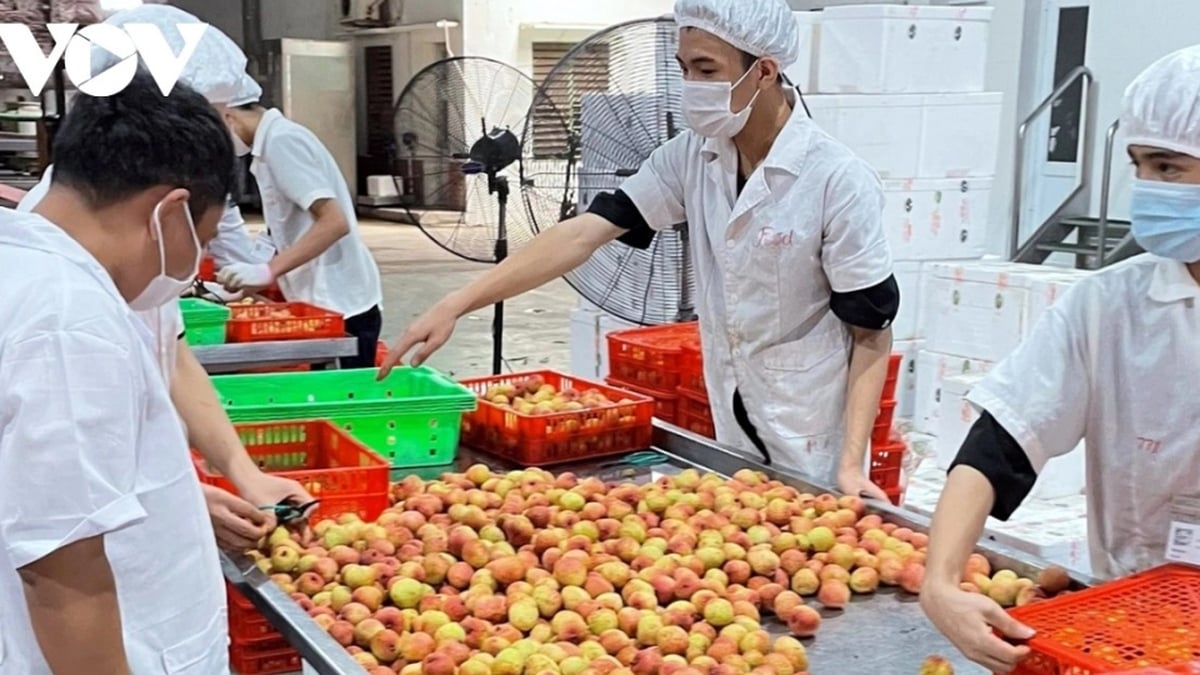





















































































Comment (0)